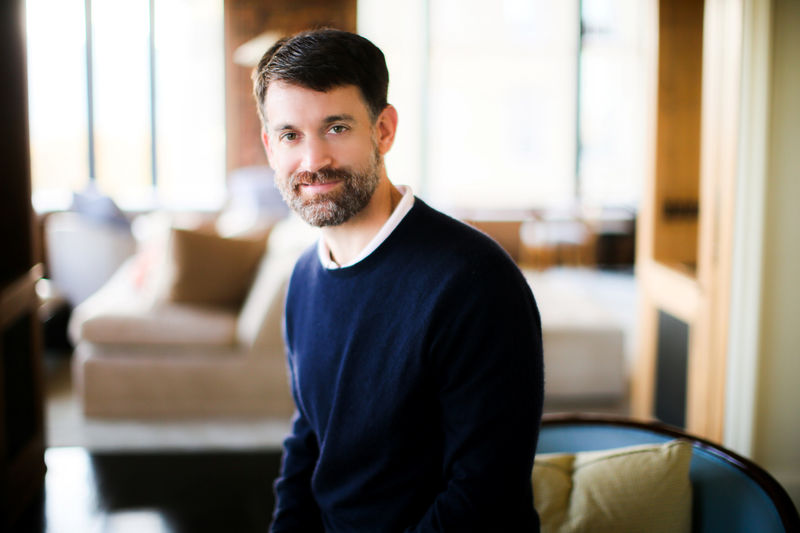By Chris Taylor
NEW YORK (Reuters) - (The writer is a Reuters contributor. The opinions expressed are his own.)
Some billionaires are household names, but others like John Arnold are virtual unknowns.
Arnold, 44, an energy trader at Enron Corp before its collapse in 2002 in an epic financial scandal, founded Houston-based hedge fund Centaurus Advisors but retired in 2012 at the prime of his career to focus with his wife on philanthropy.
The Laura and John Arnold Foundation, named after the couple, aims to fix some of society's most pressing problems. Arnold spoke with Reuters for the latest in our "Life Lessons" series.
Q: You made billions as an energy trader, but you actually got your start in sports cards?
A: Looking back, what I was doing was geographic arbitrage. Back then it was a very inefficient market, and communication between cities was limited. So the prices of things like baseball cards were extraordinarily volatile. I would travel around Texas and the Southwest on weekends, taking advantage of geographic price discrepancies – like buying hockey cards in Texas and shipping them to Canada.
Q: What did your parents teach you about money?
A: They were extremely careful with money. My mom actually became an accountant for my firm Centaurus, and as office manager, she was always looking for coupons and deals. She would see in the paper which store had a sale of soft drinks, and would go out and stock up the office fridge.
Q: You first came to prominence with Enron, so what did you learn from that meteoric rise and collapse?
A: It was a definitely a whirlwind. At the time the business was expanding like crazy, and there was a shortage of human capital, so if you came in and were good at your job you could rise really quickly.
What I learned from the collapse was to always think about the downside of things. Enron was growing so quickly, and into so many different business lines, that it didn't have proper controls in place, and that was one of the reasons it went bankrupt.
What I learned about money is that wealth is very fleeting. On paper I might have been doing extraordinarily well, but it was tied up in Enron stock and options. So I saw first-hand how you can lose money just as quickly as you make it.
Q: You emerged from that to start your own firm, so what did you take away from that experience?
A: When I went out on my own I was single, had no kids, and few responsibilities, so I was in a position where I could take a big risk like that. Had I been older and married and with children, I might have made different decisions. So the time to take massive risks in life is early, before those other responsibilities kick in.
Q: After a few years you walked away. Why?
A: After college the only job I had was energy trading, and I lived and breathed it 24 hours a day. I loved the game and I loved the challenge. But my personal life was changing, and I just didn't have the same passion for the business anymore. That business requires 100 percent focus, so giving anything less than 100 percent is a guarantee for failure.
Q: How did you and your wife decide where to devote your charitable money?
A: We started with K-12 education, because that is the root cause of so many problems: unemployment, homelessness, addiction, mental health. We focused on that for a number of years, and then started looking at other areas where flawed policies were leading to bad outcomes – like criminal justice, healthcare and public finance. What does the actual evidence show, about what works and what doesn't?
Q: You and you wife signed the Giving Pledge, promising to donate the majority of your fortune to charity. Why?
A: I have seen a lot of examples about what money can do to future generations. Sometimes it can be beneficial, but often it can be strongly negative. I haven't seen any evidence that leaving kids significant money makes them happier or more productive. People tend to appreciate the money they earn for themselves, and I want them to have that feeling. A large inheritance could overwhelm their mission in life, and dim their own ambitions.
